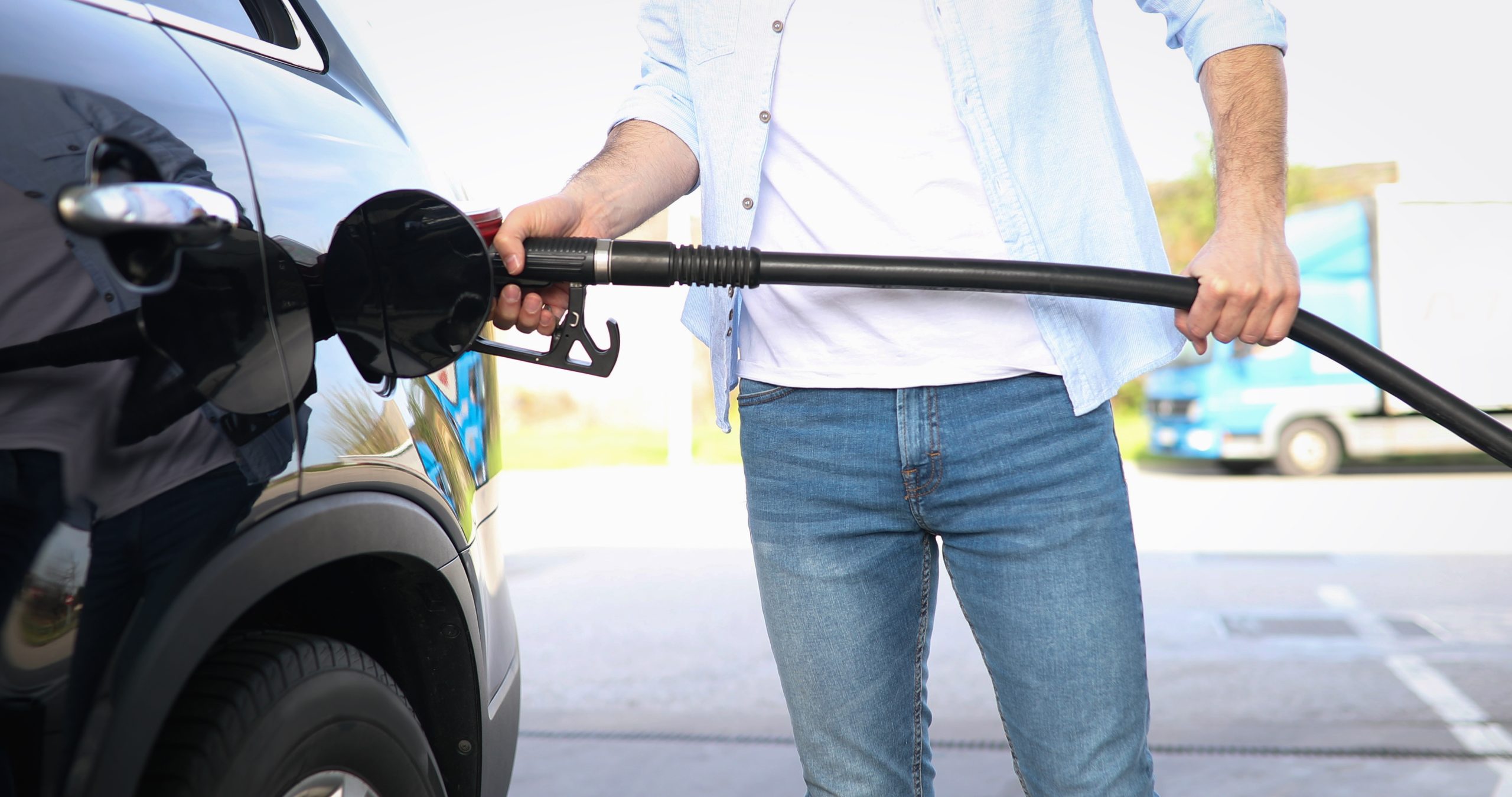With global environmental concerns on the rise and increasing fuel prices, the importance of fuel efficiency has never been more pertinent.
As responsible consumers, we must adapt and strategize to mitigate both our carbon footprint and fuel expenditures. This blog post is designed to empower you with practical tips, methods, and mindsets that will not only help your pocket but also the planet. Let’s dive into these valuable insights for saving on fuel in 2023.
Utilize Fuel Cards for Businesses and Self-Employed Individuals
Fuel cards, similar in appearance to credit cards, are specialized payment methods specifically for fuel and other vehicle-related expenses. Primarily targeted at businesses, sole traders, and self-employed individuals, these cards provide a range of benefits. Apart from lucrative discounts on fuel, they enable efficient expense tracking, simplifying administrative tasks and financial reporting. Furthermore, fuel cards eliminate the hassle of paper receipts and offer detailed expense reports. Leveraging such cards can play a significant role in managing and potentially reducing fuel costs in the long run. If you’re not settled in this domain so far you can always compare fuel cards before making a final choice.
Drive Smoothly and Responsibly
Fuel efficiency isn’t just about the car; it’s also about the driver. The way you drive has a direct impact on your fuel consumption. Driving smoothly, avoiding aggressive acceleration, and sharp braking can substantially increase your vehicle’s miles per gallon (MPG). Embracing this eco-friendly driving style also ensures reduced wear and tear on your car. To maximize savings, focus on maintaining a consistent speed. By anticipating traffic patterns, slowing down gradually, and using your momentum wisely, you can optimize your fuel usage and make a difference.
Maintain Proper Tire Inflation
Often overlooked, maintaining the right tire pressure is crucial for optimal fuel efficiency. Under-inflated tires create more rolling resistance, causing the engine to work harder and consume more fuel. Not to mention, incorrect tire pressures can lead to uneven wear, reducing the lifespan of your tires. Fortunately, checking and maintaining tire pressure is a simple process. Most vehicles have the recommended tire pressure listed on the door jamb or the owner’s manual. Regularly inspect your tire pressure using a gauge and adjust as necessary to ensure the best fuel economy.
Regular Vehicle Maintenance
Your car is like a well-oiled machine – literally. Regular maintenance ensures that it runs efficiently, using fuel judiciously. Routine oil changes, for instance, keep the engine running smoothly, while changing air filters ensures optimal airflow. A well-maintained vehicle performs better, consumes less fuel, and emits fewer pollutants. Here’s a quick checklist: oil changes every 3,000-5,000 miles, air filter replacements every 12,000 miles, and spark plug replacements as per manufacturer recommendations. By adhering to these, you ensure that your vehicle remains a lean, mean, fuel-efficient machine.
Plan Efficient Routes
In our increasingly connected world, tools and apps that provide real-time traffic data are at our fingertips. Making use of these can be a game-changer for fuel savings. By avoiding congested routes and minimizing detours, you can significantly reduce your time on the road and, consequently, fuel consumption. Additionally, bundling errands into one trip or carpooling can help save fuel. Efficient planning not only conserves fuel but also reduces stress and saves time.
Conclusion
In an evolving world, with ever-rising fuel costs and environmental concerns, adopting these fuel-saving strategies has become paramount. By implementing these tips and making informed decisions, you stand to save substantial amounts on fuel costs while concurrently doing your bit for the environment. Here’s to a fuel-efficient 2023!


